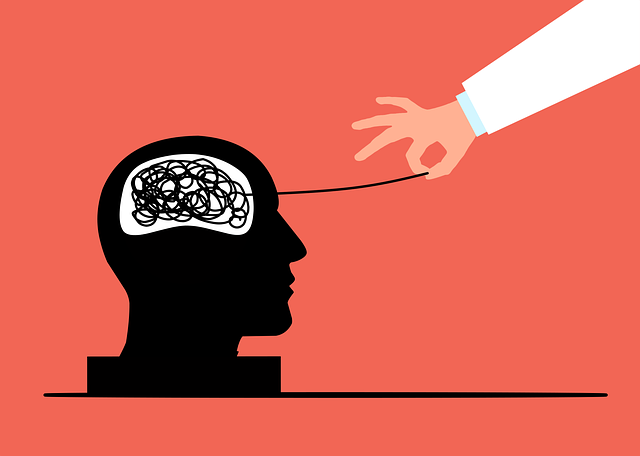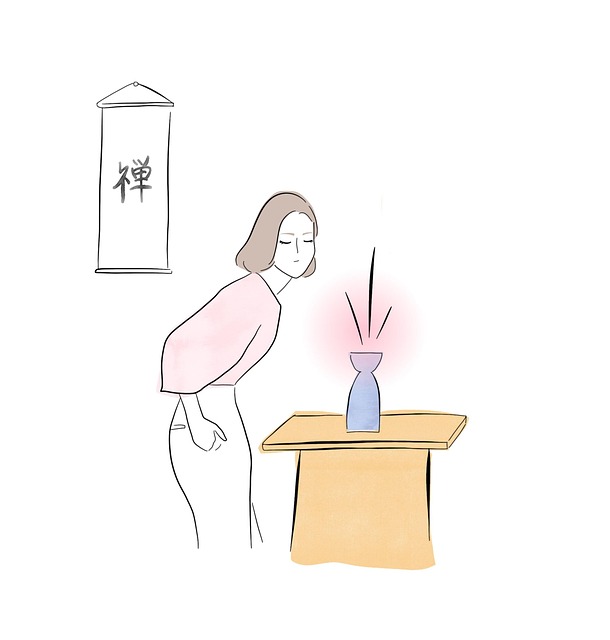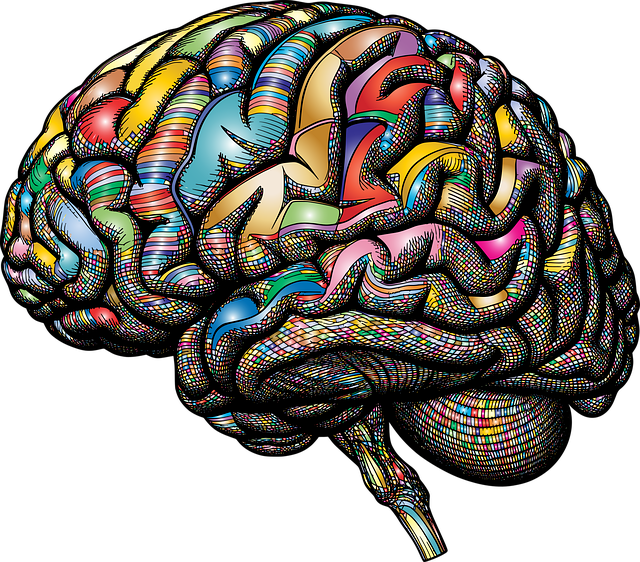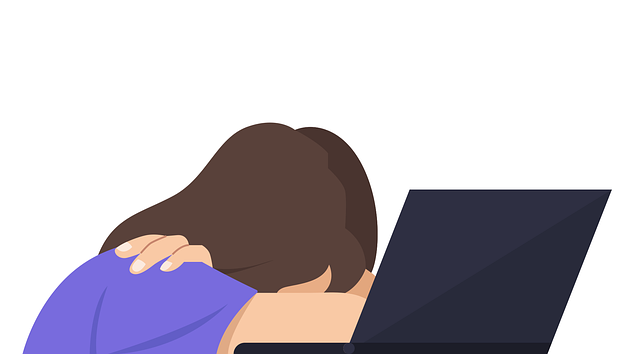Mental wellness journaling is a safe and powerful tool for self-reflection and personal growth, particularly beneficial for managing dissociative disorder in Longmont. Incorporating regular writing into therapy helps individuals process traumatic experiences, regulate emotions, gain insights, and develop coping strategies. A structured routine, using themes or prompts, aids in tracking progress, improving mental wellness, and fostering self-awareness, ultimately empowering individuals to better navigate challenges alongside their healthcare providers.
“Unwind and prioritize your mental wellness with the transformative power of journaling. This article guides you through an effective practice, especially tailored for those navigating dissociative disorders in Longmont. Discover how expressing thoughts and emotions through writing can enhance self-awareness and support therapy. We’ll explore benefits, offer structured routine advice, and provide insights into creating a safe, personal space for your journal. Embrace the journey to better mental health.”
- Understanding Mental Wellness Journaling
- Benefits of Journaling for Dissociative Disorder Therapy in Longmont
- Creating a Structured Journaling Routine
Understanding Mental Wellness Journaling

Mental wellness journaling is a powerful tool for self-reflection and personal growth, offering individuals a safe space to explore their thoughts and emotions. It involves documenting experiences, feelings, and insights in a private journal, with the aim of enhancing mental well-being. This practice can be particularly beneficial for those managing conditions like dissociative disorder, where processing traumatic experiences and cultivating emotional regulation skills are essential components of therapy. Longmont dissociative disorder therapy often incorporates journaling as a therapeutic technique to help clients develop coping strategies and promote self-awareness.
By committing to regular writing, individuals can gain deeper insights into their mental health landscape. It allows for the reflection on stressors, triggers, and patterns, enabling better understanding of one’s emotional responses. Moreover, journaling provides an opportunity to practice compassion cultivation, a key component in many stress management workshops. This process fosters self-acceptance and kindness, which is especially valuable when navigating complex mental health issues. Incorporating these practices alongside cultural sensitivity in mental healthcare can create a supportive environment tailored to each individual’s unique needs.
Benefits of Journaling for Dissociative Disorder Therapy in Longmont

Journaling has emerged as a powerful tool in the realm of Longmont Dissociative Disorder Therapy. It offers individuals a safe and private space to process their experiences, emotions, and memories, which are often fragmented due to the nature of dissociative disorders. By putting pen to paper, patients can engage in emotional regulation techniques that promote mental wellness. This practice allows them to gain insights into their thoughts, feelings, and behaviors, facilitating a deeper understanding of themselves.
In Longmont, healthcare providers equipped with cultural competency training recognize the therapeutic potential of journaling. It helps bridge the gap between therapist and client, fostering open communication and trust. Through regular journaling exercises, patients can learn to identify and express their emotions more effectively, leading to improved coping strategies. This form of self-reflection is not only beneficial for managing symptoms but also enhances overall mental wellness, offering a sense of control and empowerment in navigating the challenges associated with dissociative disorders.
Creating a Structured Journaling Routine

Creating a structured journaling routine can be a powerful tool for enhancing mental wellness, especially for those managing conditions like dissociative disorder in Longmont. Consistency is key; allocate a specific time each day to journal, whether it’s first thing in the morning or before bed. Start with a clean, dedicated notebook or use digital tools designed for journaling apps.
Structure your entries by setting themes or prompts. For instance, begin with reflecting on your day’s experiences and emotions. You can also incorporate practices like gratitude writing, where you list things you’re thankful for, or positive affirmations to boost confidence. Regularly reviewing past entries can help in identifying patterns, managing moods, and tracking personal growth, thereby empowering individuals to navigate challenges more effectively.
Mental wellness journaling can be a powerful tool for individuals seeking therapy, especially those with dissociative disorders. By providing a structured routine and offering numerous benefits, it allows for self-reflection, emotional processing, and improved mental clarity. For those in Longmont Dissociative Disorder Therapy, integrating this practice into their daily lives can foster healing and personal growth. With consistent effort, journaling becomes an accessible and effective method to enhance overall well-being.














